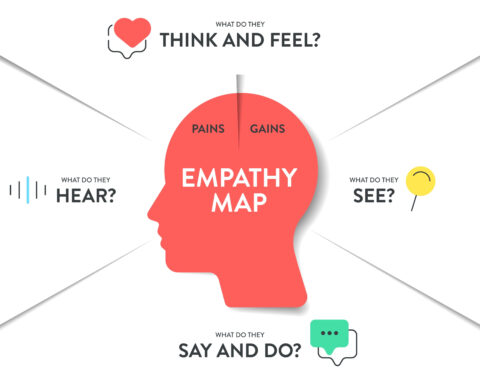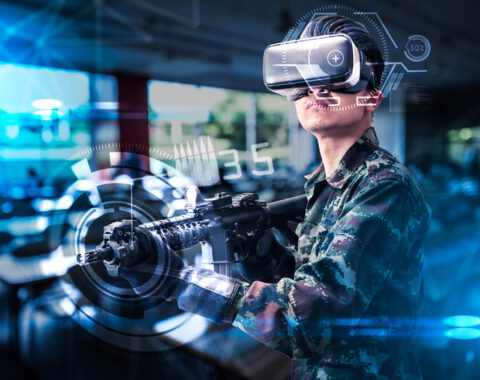Table of Contents:
Developing leaders in organizations requires leadership training. The financial resources allocated to this component of organizational development demonstrate its importance. The effectiveness of such programs is greatest when they are based on practical experience and face-to-face interaction. Leadership skills training must also take the specificities of the organization into account in order to be effective. Is virtual reality (VR) technology going to revolutionize leadership training? In this article, we examine scientific research on virtual reality leadership skills development.
Is It Possible to Teach Leadership Using VR?
The use of virtual reality to develop business leadership skills is still a new area that is being explored. Scientists emphasize the importance of teaching through practical experience, which is why technology that integrates experience, perception, and action is becoming increasingly popular. The development and understanding of leadership skills can be enhanced through VR simulations.
VR training facilitates the development of key business leadership skills by reflecting realistic business scenarios. It is possible to develop empathy through virtual interactions, which is useful in global business environments. With VR training, it becomes easier to understand cultural contexts, understand perspectives of different cultures, and communicate across cultures. Being able to understand another person’s perspective is essential to developing empathy. Leaders who adopt this perspective achieve better results in the workplace and are perceived as caring about their subordinates’ development.
In comparison with traditional teaching methods, what are the main advantages of VR training? Participants learn from a virtual reality environment in a purely practical way, which enables them to retain up to 67% of information, according to research. A virtual reality training environment can be customized to suit the needs of each organization due to its flexibility. Unlike traditional methods, VR does not have time or geographical limitations. Leadership skills can be regularly enhanced with the use of VR technology for leadership training.
Intercultural Dialogue: an Example of VR Simulation
A VR training focused on developing empathy and leadership skills in business was described in The ISM Journal of International Business. VR simulation allows users to participate in a global business meeting in Asia. There are two parts to the training: observational and interactive. In the observation part of the program, participants have the opportunity to interact dynamically with other managers from different cultures. Participating in the interactive part involves assuming the role of one of the managers at the meeting. Training personnel have access to the thoughts, cultural assumptions, prejudices, and feelings of the characters they play.
The simulation was carefully prepared in many aspects. In order to maintain the cross-cutting context, both the dialogue and the characters’ thoughts were developed carefully, and 360-degree cameras captured their interactions with actors representing different cultures and countries. The training experience was designed to foster empathy and understanding among training participants, including those from other cultures.
Business Leadership Training with Virtual Reality
This training aimed to prepare managers for global operations, actively cooperating with partners around the globe. The opportunity to observe global business interactions from the perspective of “flying on the wall” in the first part of the training enabled them to better understand the sources of misunderstandings and conflicts that often arise from cultural differences. Through interactive exercises in virtual business scenarios, such as motivation, negotiation, conflict resolution, and strategic decision-making in a global context, leadership skills can be improved over time.
Researchers: Mingce Bi, Danyi Liao, Danielle Myung, Yuqi Sheng, and Fei Wu conduct research focusing on similar objectives: Studying the Efficacy of Virtual Reality Leadership Training. There are 40 managers involved in the study, divided into two research groups. One group undergoes traditional training, while the other uses virtual reality. Leadership skills will be assessed in both groups. A key objective of the study is to determine whether virtual reality (VR) training improves leadership skills over the long term and results in better performance. Also, whether virtual reality (VR) training can be used to develop leadership and management skills in employees noticeably.
The results of the scientists’ research should be known in a few months, and we will share them on our blog. Research, existing training materials, and participant testimonials all support the theory that personalized VR training is more efficient and effective than traditional training methods for developing strategic leadership skills.
Read also: Mastering The Art Of Public Speaking: VR Training And Dynamic Presentations








